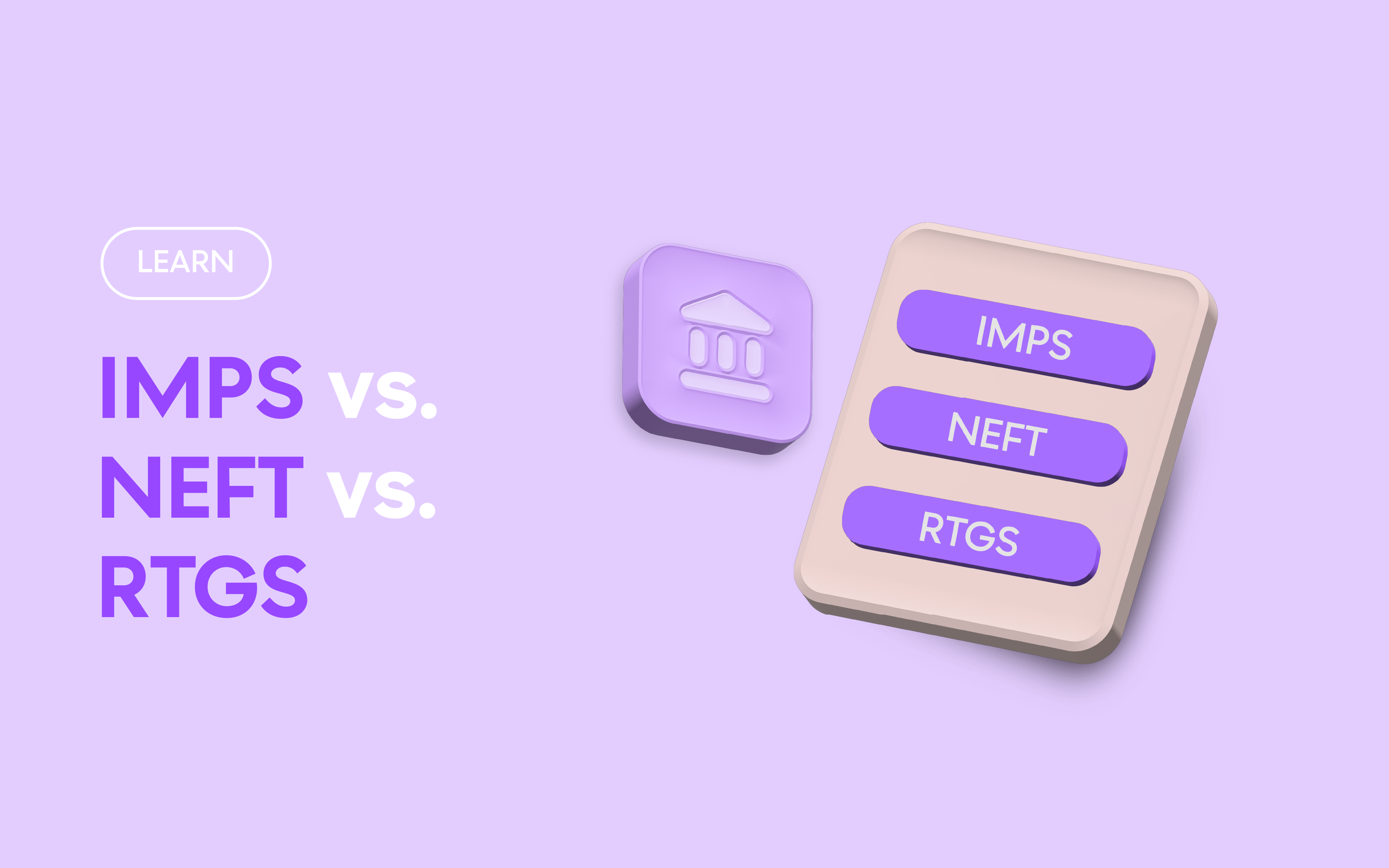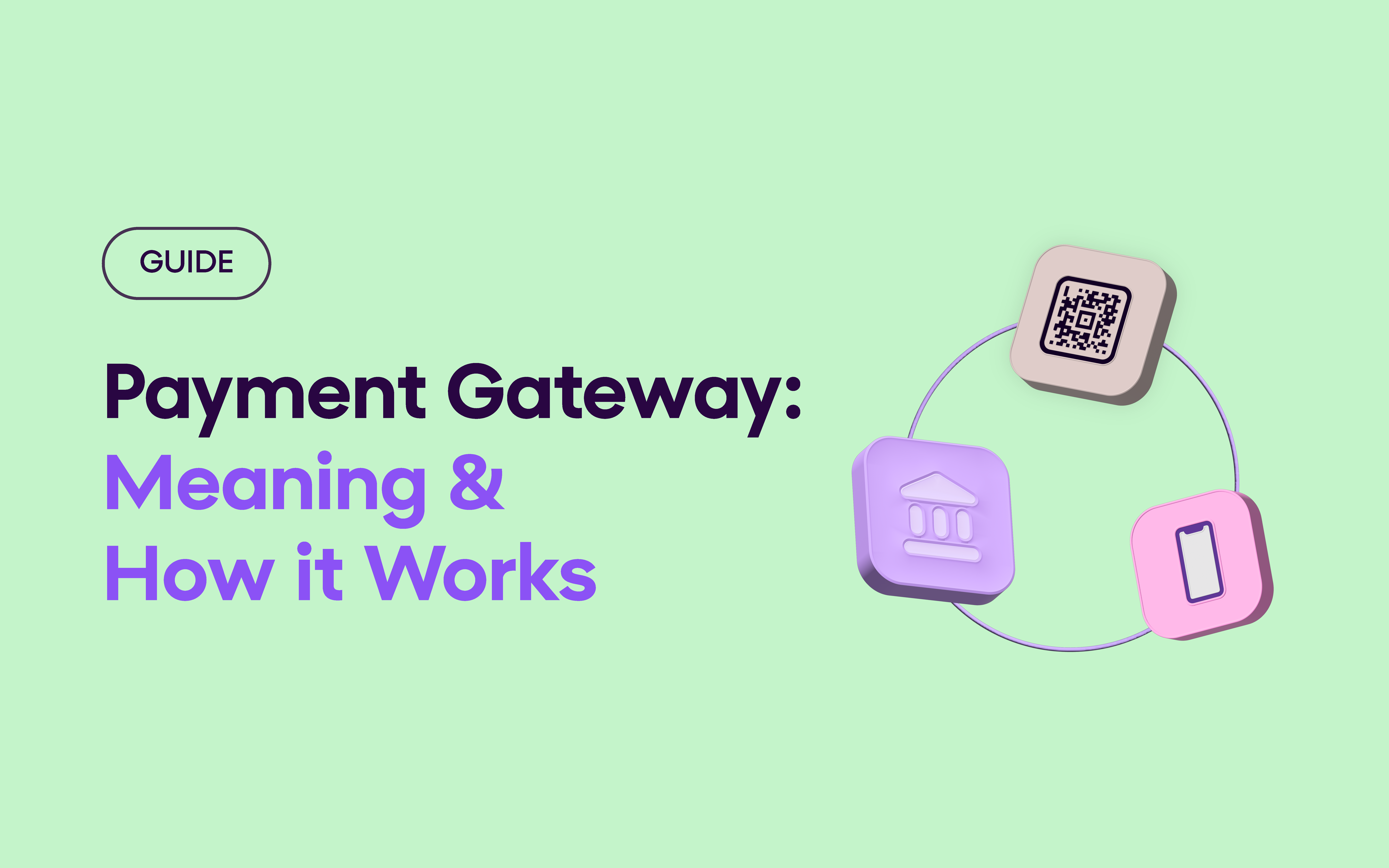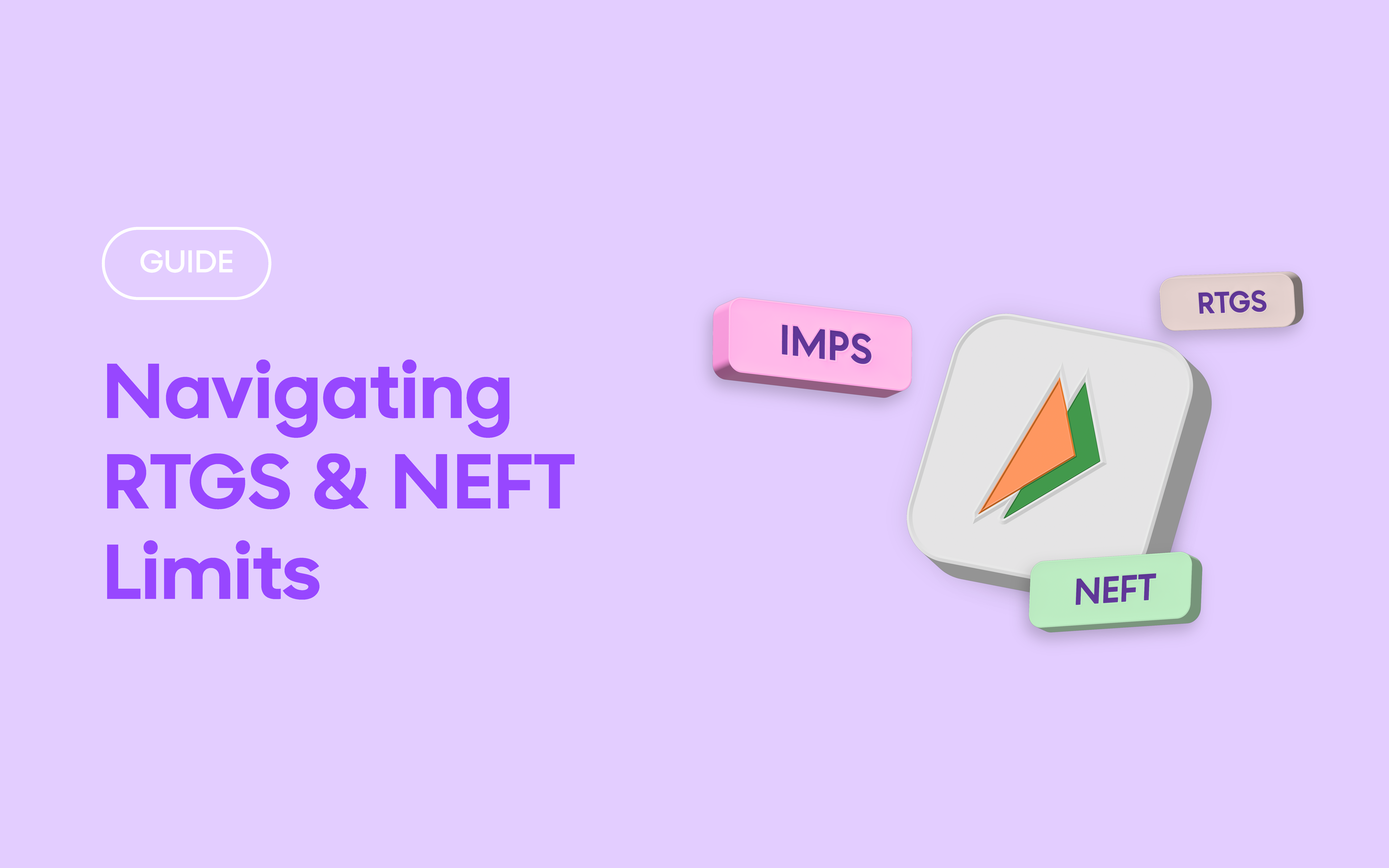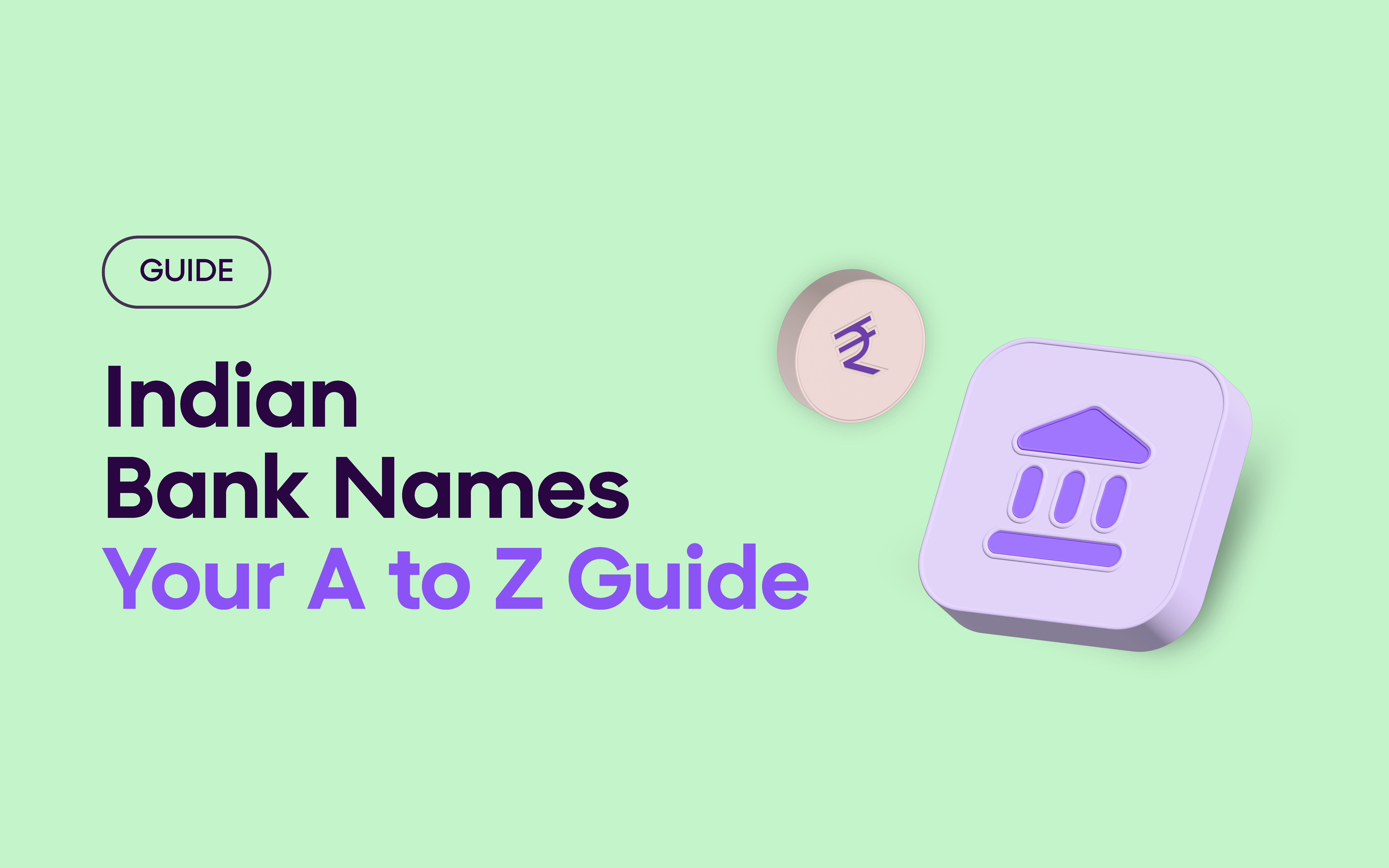IMPS, NEFT, and RTGS are designed to offer businesses and individuals secure, efficient, and reliable methods for moving funds. Whether you need 24/7 transfer access or prefer batch processing for routine payments, each mode serves a unique purpose. IMPS vs NEFT vs RTGS – What should you select?
Let’s explore how IMPS, NEFT, and RTGS differ and how to choose the best option for your needs.
What is the Difference Between IMPS, NEFT, and RTGS?
When comparing IMPS vs NEFT vs RTGS for bank transfers in India, it’s important to understand each mode’s distinct benefits. These payment systems cater to different transaction needs, from immediate, small-value transfers to large, time-sensitive payments.
- IMPS: IMPS is a real-time, 24/7 payment service enabling instant bank transfers across India, even on holidays.
IMPS Full Form: Immediate Payment Service - NEFT: NEFT is a batch-based transfer system that processes transactions in hourly cycles. It’s available 24/7 since December 2019, but funds are not transferred instantly.
NEFT Full Form: National Electronic Funds Transfer - RTGS: RTGS is used for large-value transactions, processed individually and in real-time. Since December 2020, it has been available 24/7, allowing round-the-clock high-value settlements, even on weekends and holidays.
RTGS Full Form: Real-Time Gross Settlement
IMPS vs NEFT vs RTGS – Comparison
| Feature | IMPS | NEFT | RTGS |
|---|---|---|---|
| Settlement Period | Instant | Hourly batches | Real-time |
| Availability | 24/7 | 24/7 | 24/7 |
| Transaction Value | Up to ₹5 Lakhs | No minimum or maximum | Minimum ₹2 Lakhs, no maximum |
| Best For | Small, urgent transfers | Routine transfers | High-value transactions |
| Transaction Cost | Low to medium | Low | High for large transfers |
What Are Their Benefits?
Benefits of IMPS
- Real-time settlement: IMPS enables instant fund transfers, making it ideal for situations where immediate settlement is critical, such as emergency payments or small, time-sensitive transactions.
- 24/7 availability: IMPS is available 24/7, including on weekends and public holidays, making it convenient for businesses operating in dynamic environments.
- Suitable for small transfers: With a cap typically around ₹5 Lakhs, IMPS is designed for smaller-value transactions. Businesses requiring frequent, low-value real-time payments benefit greatly from this service.
Benefits of NEFT
- Cost-effective for bulk transactions: NEFT is highly affordable, especially for businesses dealing with multiple smaller-value transfers. The low transaction charges make it a preferred choice for frequent payments like vendor disbursements or employee salaries.
- Flexible transaction limits: Unlike RTGS and IMPS, NEFT does not impose a minimum or maximum transfer limit. This flexibility makes it suitable for all types of transactions, from small to large payments.
- Batch processing for bulk payments: NEFT’s batch processing feature aligns well with businesses that operate automated workflows for periodic payments. It streamlines processes without the urgency of real-time settlements.
Benefits of RTGS
- Ideal for high-value transactions: RTGS is specifically designed for transferring large amounts, with a minimum transfer limit of ₹2 Lakhs. It’s highly secure and efficient for businesses dealing with big-ticket transactions.
- 24/7 availability: Since December 2020, RTGS has been available 24/7, even on weekends and holidays, providing unmatched flexibility for high-value payments. This ensures businesses can settle urgent payments without waiting for banking hours.
- Preferred for business-to-business transfers: RTGS is widely trusted for B2B transactions due to its high-security standards and immediate settlement, making it a preferred choice for businesses managing significant cash flows.
Which Payment Mode Should You Choose?
Each payment mode—IMPS, NEFT, and RTGS—caters to different banking needs. Understanding their features helps individuals and businesses select the most efficient option. You may choose:
- IMPS for urgent and small-value transfers, especially outside banking hours.
- NEFT for routine transfers where immediate settlement isn’t required.
- RTGS for high-value transactions that need real-time settlement at any time of the day.
Businesses need to choose payment solutions that ensure compliance with banking standards, offer real-time capabilities, and are designed to integrate with your existing workflows, making transfers secure and effortless.





